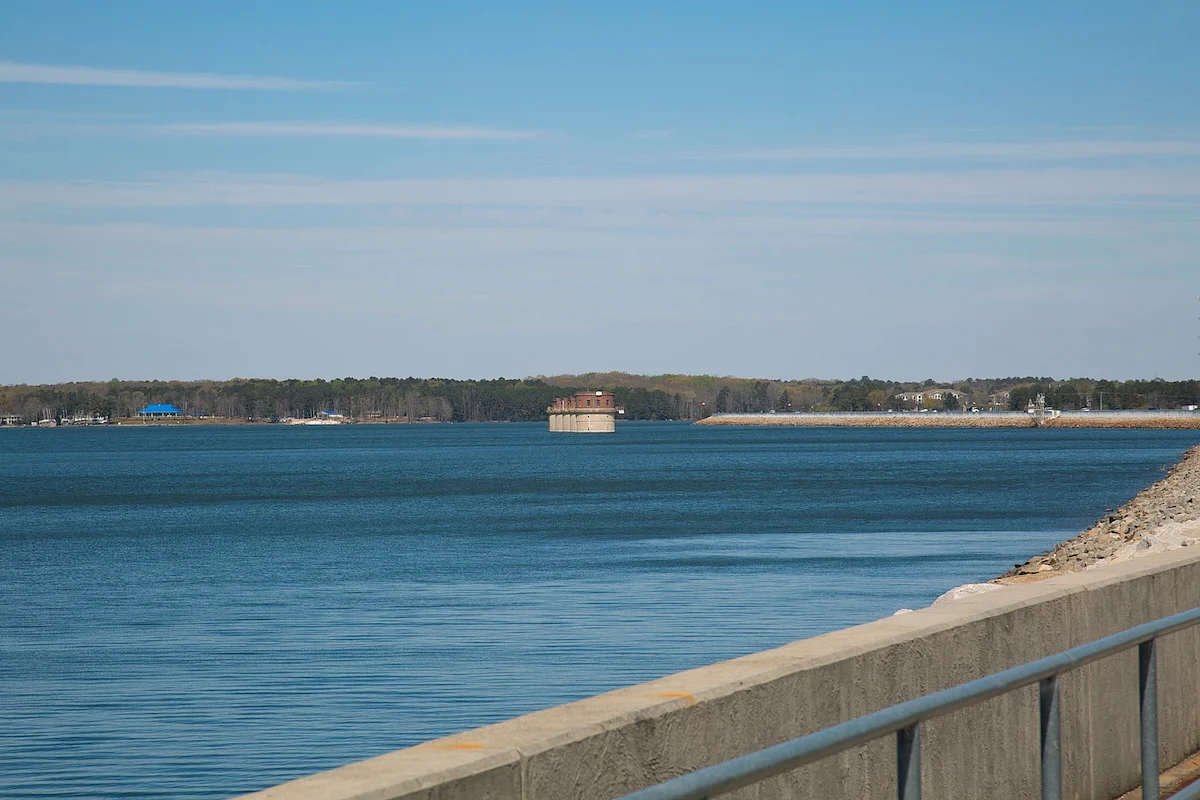Get Healthy!

- Posted July 28, 2025
Boy Dies From Brain-Eating Amoeba After Swimming in S.C. Lake
A 12-year-old South Carolina boy has died after being infected by a rare, brain-eating amoeba found in freshwater, his family’s lawyer said.
Middle school student Jaysen Carr died July 18 after swimming in Lake Murray, a large reservoir near Columbia, S.C., according to a Facebook post from the law office of Tyler D. Bailey.
Doctors from Prisma Health Children’s Hospital in South Carolina confirmed that Jaysen was infected by Naegleria fowleri, a microscopic organism that lives in warm freshwater and can cause a deadly brain infection.
Dr. Anna-Kathryn Burch of Prisma Health Children’s Hospital explained at a press briefing that the amoeba is “ubiquitous to any fresh water in the state of South Carolina” and common throughout the Southeastern U.S., according to The New York Times.
As temperatures rise and water levels drop during summer, the risk of exposure increases.
The infection is nearly always fatal, although it is extremely rare, according to the U.S. Centers for Disease Control and Prevention (CDC). In all, 167 cases were reported in the U.S. from 1962 to 2024. Just four people survived.
Most people who come into contact with Naegleria fowleri never get sick. The amoeba can only infect a person when contaminated water goes up the nose, often during swimming or diving. It then travels to the brain, where it destroys brain tissue.
Once in the brain, the amoeba causes a disease called primary amebic meningoencephalitis (PAM), the CDC says, which progresses quickly. Early symptoms can include:
Headache
Fever
Vomiting
Nausea
Although rare, Naegleria fowleri has caused other deaths in recent years.
In 2022, a child died after swimming in a Nebraska river. In 2020, a 6-year-old boy died after playing in a splash pad or using a water hose on Texas’ Gulf Coast, The Times said.
Before that, a North Carolina man died after visiting a local water park.
And in 2018, a New Jersey man died after visiting a different Texas water park.
Splash pads and water parks are usually safe if water is chlorinated properly, according to the CDC.
The amoeba has also been linked to nasal rinsing with unsafe water. Earlier this year, a 71-year-old woman died after using tap water from an RV for nasal irrigation.
The U.S. Food and Drug Administration (FDA) advises using only boiled, distilled or sterile water in neti pots and other nasal rinse devices.
More information
The U.S. Centers for Disease Control and Prevention has more on Naegleria fowleri infections.
SOURCE: The New York Times, July 26, 2025





